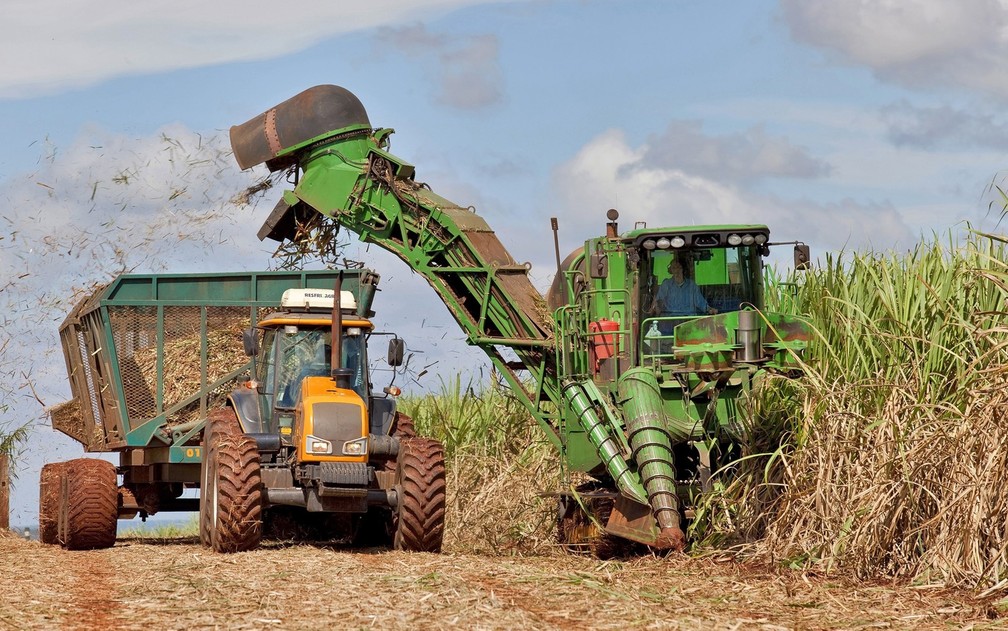RIO DE JANEIRO, BRAZIL – Jair Bolsonaro’s decision to increase the volume of ethanol that can be brought into Brazil from 600 million to 750 million liters without an additional 20 percent tax has stimulated a part of the Brazilian sugar and ethanol sector.
Two experts and a representative of rural producers believe that this increase represents a sign that Brazil is willing to expand its market and that it expects reciprocity from the Donald Trump government with regard to taxation of imported Brazilian sugar.
Brazil and the United States are the main producers of ethanol in the world.
“This change will not lead to major market distortions but will condition new discussions on an effective opening of the American sugar market. It was a Solomonic solution. It was an extremely firm and balanced decision,” said Evandro Gussi, president of the Brazilian Sugarcane Industry Association (UNICA).

The announcement of the expansion of this allowance came one day after Ernesto Araújo, foreign minister, Eduardo Bolsonaro, federal deputy and the president’s son, and Filipe Martins, the international advisor to the Planalto, took part in meetings with members of the US government.
Today, approximately 1.6 billion liters of US ethanol enter Brazil. Brazilian industries produce around 30 billion liters a year, an amount that would render the country self-sufficient since consumption equals production.
In other words, the use of ethanol from other countries does not exceed 5 percent of what is consumed in the country.
Imports, however, have market motivations. In certain regions of Brazil, such as part of the North and Northeast, it is cheaper to use imported ethanol than domestic ethanol, due to logistics for it to reach some cities.
Should this materialize, the market for Brazilians could expand. Even more so considering that the productivity of sugarcane, the raw material for ethanol here, is almost five times higher than that of corn, from which Americans extract their fuel.

